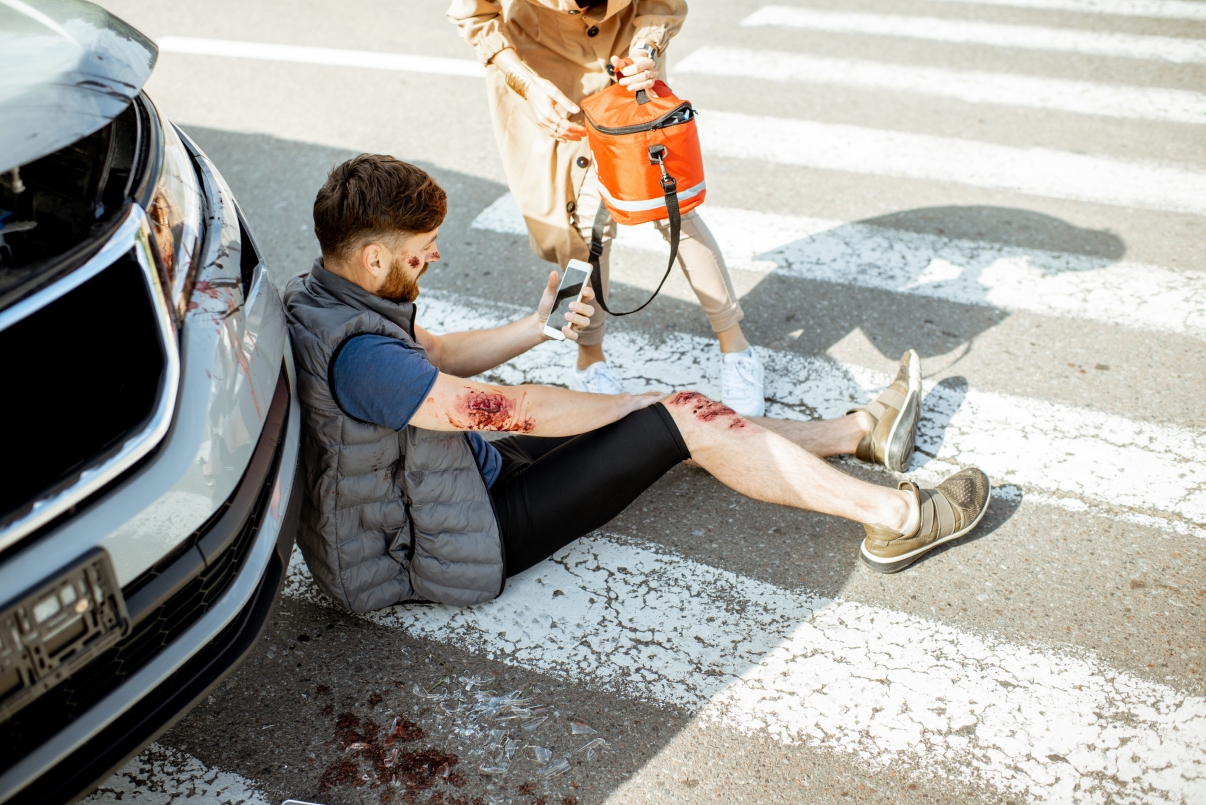Contents of this Post
ToggleSlip and fall accidents are a significant concern in Charleston, South Carolina. According to the U.S. Bureau of Labor Statistics, these incidents account for more than 20% of all workers’ compensation claims nationwide. In South Carolina, slip and fall accidents are particularly worrisome for older adults, as they are the leading cause of occupational injuries among those aged 55 and older. Falls are a leading cause of traumatic brain injury (TBI), accounting for nearly half (48%) of all TBI-related emergency room visits.
If you or a loved one has suffered a TBI due to a slip and fall in Charleston, it’s crucial to seek legal assistance promptly. A slip-and-fall lawyer at MDSW Legal can help you navigate the complexities of personal injury claims, ensuring that your rights are protected and that you receive the compensation you deserve. They will work diligently to investigate the circumstances of your accident, gather necessary evidence, and advocate on your behalf throughout the legal process.
Understanding Traumatic Brain Injuries
A brain injury happens when the brain is harmed by an impact; it can be anything from a mild concussion to serious damage to the brain itself. Slip-and-fall accidents are often the cause of TBIs since hitting the head on a surface is common in incidents. Symptoms can differ widely. They may include headaches, feeling confused, and even memory loss. Sometimes, an individual might lose consciousness or face lasting cognitive issues.
Identifying the Symptoms
Recognizing the signs of a traumatic brain injury is crucial for timely intervention. Symptoms can manifest immediately or develop over time. Some individuals may experience physical symptoms, such as headaches, nausea, or dizziness. Cognitive difficulties, including memory problems and challenges in concentrating, might arise. Emotional changes, such as mood swings or depression, could also indicate a TBI. Prompt medical attention is vital to assess the severity of the injury and prevent further complications.
Immediate Steps After an Accident
When someone slips and falls unexpectedly, it’s important to act by getting them medical help, even if their injuries seem minor at first glance. Medical experts can assess their condition and offer care. It’s also helpful to gather evidence from the accident scene, like photographs and statements from witnesses, as this could be useful if legal action or insurance claims are required.
Long-Term Impacts of TBIs
Suffering a head injury can impact both the person injured and their loved ones. The effects can range from difficulties in thinking that may interfere with tasks at work or socially to emotional shifts that could strain relationships and affect mental well-being. Physical obstacles might require ongoing medical treatment or therapy to aid recovery and healing.
Seeking Legal Assistance
If someone gets a brain injury from slipping and falling down unexpectedly, they may need help figuring out what to do smoothly and effectively. Talking to a lawyer who knows about injury cases can give you advice and information to help you understand your situation better. They’ll look into what happened to see who should take responsibility and offer support in dealing with such matters.
Rehabilitation and Recovery
Recovering from a brain injury typically requires a team effort involving experts such as doctors and therapists, along with the support of groups or counselors, to facilitate rehabilitation effectively. The treatment plan may include therapy for movement challenges and occupational therapy to enhance everyday task skills.
Building a Support Network
Receiving help is crucial for people recovering from a brain injury, be it from their loved ones or the community around them. Establishing communication and empathy goes a long way in making them feel supported and cared for during this challenging healing time. Progressing in the right direction together with family and friends can boost their spirits and determination to get better faster.
Preventing Future Accidents
Minimizing the chances of slip-and-fall incidents to avoid head injuries is a measure that can heighten safety. For example, adding handrails and better lighting while keeping path obstacles free is crucial. Wearing proper footwear with a good grip is crucial, particularly in slippery situations. Promoting awareness to prevent such accidents can help create a safer setting for everyone.
Conclusion
Slipping and falling incidents that result in brain injuries require quick action. Recognizing the signs, seeking help promptly, and taking measures are crucial. The lasting effects might require healthcare assistance and legal support. Establishing a network of support and prioritizing prevention efforts can have a positive impact. Being aware and prepared paves the way for healing and a safer tomorrow for everyone.

